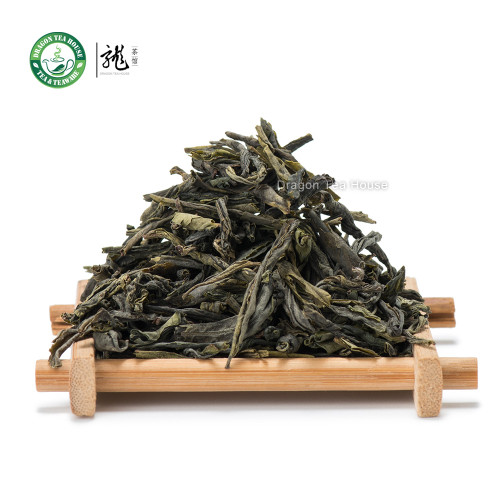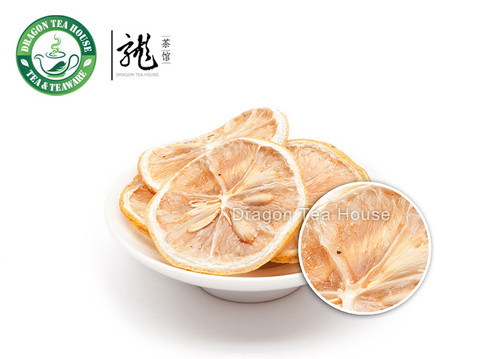Product Overview
Type: Herbal Tea
Packaging: Bag
Origin: China
Description: Have you ever heard of Momordica charantia? Which is also known as bitter melon or bitter squash in English. Bitter melon is a member of the same family (Cucurbitaceae) as squashes, melons, and gourds, which is why it has three distinctive names, depending on where in the world you are eating this herbaceous vine. The fruit has a very warty, ridged exterior and is harvested before ripening, as it becomes increasingly bitter. The first thing that comes to my mind seeing it is the bitterness in the name. They are dark or light green in color depending on the region where they are grown. Though they taste very bitter, they are filled with many beneficial antioxidants and essential vitamins.
Consuming bitter melon is an assured way to add another nutritious food to your diet, and the number of health benefits it has is impressive. The well-studied benefits are listed below:
Diabetes
Bitter melon is one of the most potent fruits for managing diabetes mellitus for a few reasons. There are significant levels of charntin (peptides that resemble insulin), and alkaloids within the fleshy fruit of bitter melon. These components actively help in reducing the blood sugar levels. Bitter melon also helps to prevent unpredictable spikes and drops in insulin levels by regulating the metabolism and use of sugar the body has consumed. It is a powerful hypoglycemic agent.
Blood Purification
Bitter melon is known as an effective blood purifier. The antimicrobial and antioxidant properties of the gourd help in purification of the blood, thereby promoting skin care. Bitter gourd is also effective in treating various skin disorders such as eczema and psoriasis.
Hemorrhoid Relief
A number of studies have shown that the anti-inflammatory qualities present in bitter melon make it a very good salve for the uncomfortable condition of piles, also known as hemorrhoids. A paste created from the root of the bitter melon plant can be applied topically to reduce the inflammation and relieve pain and bleeding. If you can handle the bitter taste, drink bitter melon tea to receive similar benefits!
Improved Immunity
Bitter melon is a source of many different antioxidants that make it a powerful defense against illnesses in the body. Antioxidants scavenge the body for free radicals and dangerous compounds released during cell metabolism that can cause different illnesses. By adding bitter melon to your diet, you can greatly improve your chances of defending against very diseases, including heart attack, kidney damage, and liver failure.
Asthma Relief
There have been a number of studies that showed bitter melon as a means of getting relief from respiratory conditions like asthma, bronchitis, and hay fever (rhinitis). It’s anti-histamine, suppressant, anti-inflammatory, expectorant, and antiviral properties make it an ideal booster for respiratory health. It is recommended to eat some bitter melon before going to bed, so the soothing effects can occur while you’re asleep!
Antifungal Agent
The antifungal and antibacterial qualities of bitter melon make it ideal for fighting off various fungal infections. These properties also help to get rid of any toxins in the bloodstream before they can cause any more damage.
Skin Care
Bitter melon, rich in anti-inflammatory properties, helps reduce the irritating itching linked with skin conditions and infections such as ringworm and psoriasis. The juice extracted from its leaves can be the best salve or cure for these conditions when topically applied to the affected areas.
Weight Loss
Bitter melon contains antioxidants that help to flush out your system. This improves your metabolism and digestive systems, thus helping you lose weight quickly.
Anti-Aging
Bitter gourd contains vitamin C, which is a powerful antioxidant. By fighting and eliminating the harmful free radicals, it helps to prevent wrinkles by slowing down the aging process. It also protects the skin from damage by the sun’s ultraviolet rays.
Brewing Guide: A water temperature of 100 °C - 212 °F recommended for the stepping processes. You can reduce the bitterness of this tea by letting it brew for 10 minutes before serving.












